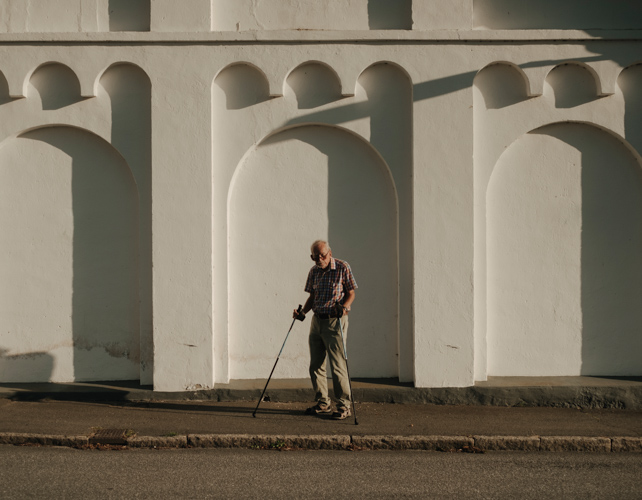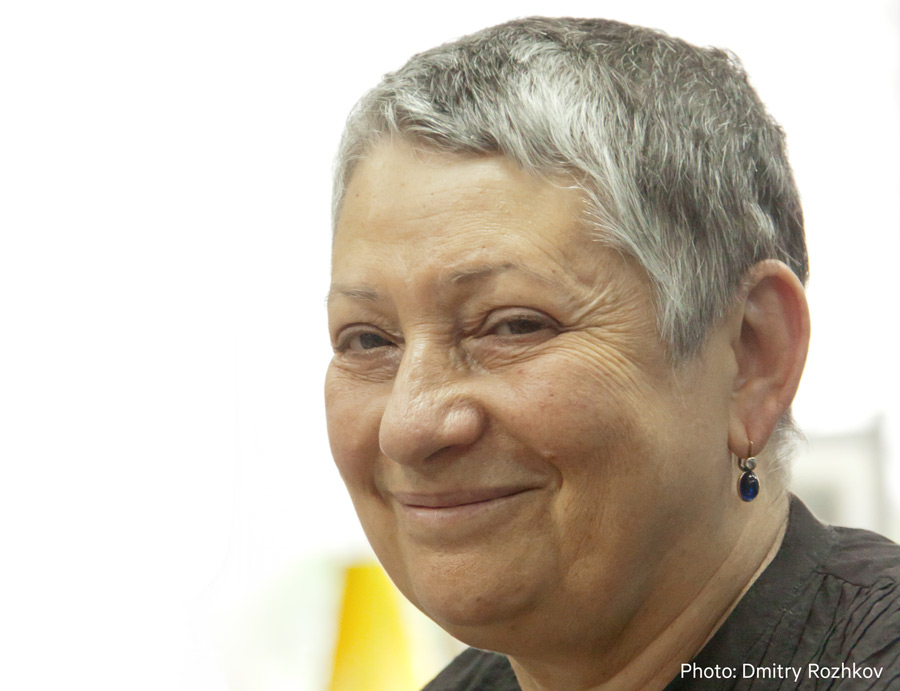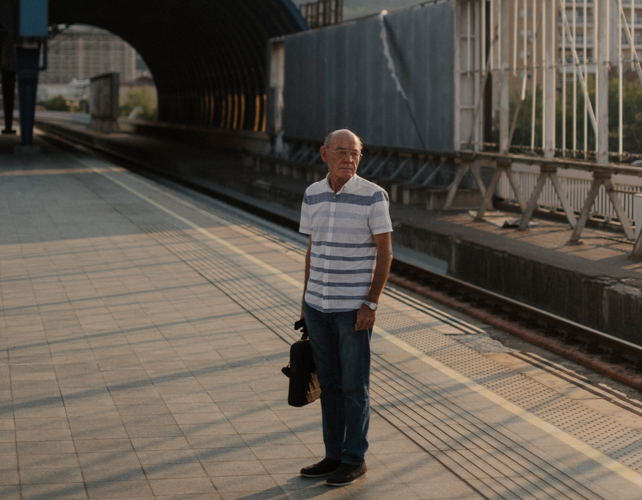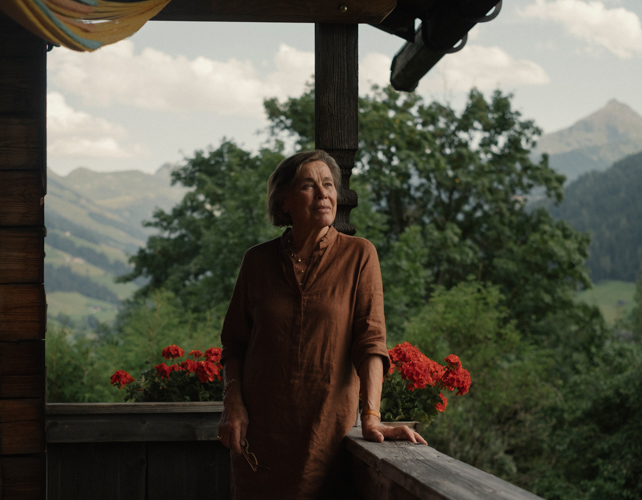Sven-Eric Liedman is a Swedish author and Professor Emeritus in History of Ideas at the University of Gothenburg. He was born in 1939 and grew up in a family of priests in Southern Sweden. In 1966 he defended his PhD dissertation on “The organic life of the German debate 1795-1845”. Liedman initially stuggled to find a job in academia, so started his career at a mainstream newspaper, but admits that he might have been a little too radical for it – “It was 1968!” Over the course of his academic career, Liedman made significant contributions to Swedish popular education with his works on the history of modernity and the concept of knowledge. His book on the history of political ideas is currently revising its 15th edition. Liedman is also an expert on communist philosophy and thought. In 2015 he published a biography of over 800 pages about Karl Marx’s life and thought, which has been translated into several languages. Liedman has always also been active contributer to the public debate on a variety of topics, and was a literary critic at Sydsvenska Dagbladet for no less than 30 years.
In his conversation with Tomas Wedin, Sven-Eric Wiedman explains why he was originally opposed to Sweden joining the EU, how he had initially hoped that the fall of the wall might counteract the neo-liberalism of the 1980s, and also talks about his admiration for both new left-leaning change-makers such as Alexandria Ocasio-Cortez, as well as Ernst Wigforss, Sweden’s foremost thinker on Swedish Social Democracy.
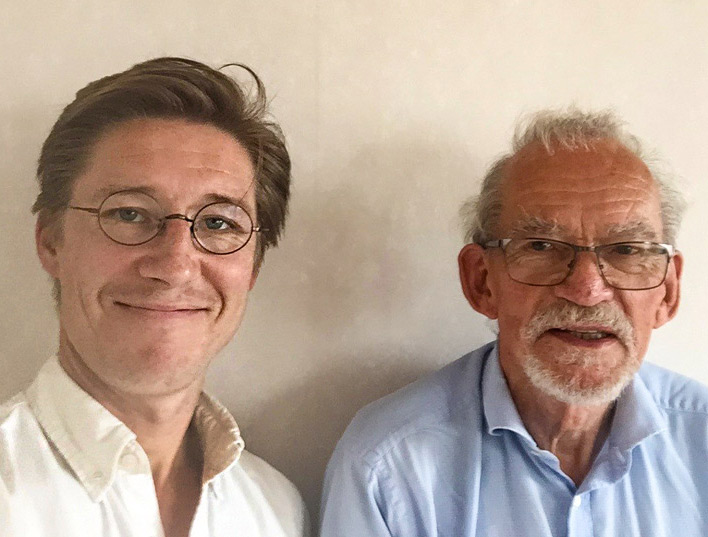
Sven-Eric Liedman was interviewed by Tomas Wedin, postdoctoral researcher in philosophy and political theory at the University of Gothenburg.
Interview Highlights
Perceptions of the future in 1989
1989, I turned 50 in the year the Wall came down. I had spent quite a lot of time both in the old GDR and in Poland and some places in the Soviet Union, and I have to say that the development, especially at the beginning, I found to be very hopeful. I thought, that this neo-liberalism, which came up in the 80s, would be counteracted by the fall of the wall, but on the contrary – it was deeply strengthened by it, and things didn’t turn out the way I had imagined. But I was optimistic and thought that we could get a form of reformistic democratic socialism then. At hindsight, that might even seem a little naïve.
Work
Marx writes that, and this is something I’ve often quoted and that I still love from “Grundrisse” where he says, that completely free work is like composing. Like one can compose music, he probably thought about composing Das Kapital. Which he did, and it must have been the most intense effort and the most cursed earnestness at the same time. So, when you decide to compose a project, you decide on something you think you want to do. Once you’ve started, there’s a lot of compulsion [to finish]. [….] There is this seriousness and this intense effort. I think it’s a lovely picture of a good human life, isn’t it?
On nationalism
Wedin: Do you see the many conflicts in Europe in the 20th century more like a European matter or more like singular national conflicts?
Liedman: The interesting thing about today’s nationalism is that it is not only powerful in Europe, but it also exists in India, in the USA and more or less anywhere really. But while the nationalism that flourished around World War I led to both world wars, one can say that nationalists were enemies: French against Germans, Germans against Russians, etc. You might be friends with your enemy’s enemy, but (laughs), but you can never be a true friend; you were only for your own nation, while contemporary nationalists form a kind of informal, formless internationality, right? It’s like, Bannon he can go […] to Hungary, or Italy and try to build a kind of network with extreme, extreme nationalists in different countries, that is a massive difference to the old nationalism.
On freedom
In particular the idea of freedom in his thought: Freedom is not arbitrary, not “willkürlich”, but actual freedom, well that is what Marx then develops and concretizes. In a way, I stuck with the idea ever since. I’ve certainly had a lot more to say in the past, about the romantic image of freedom, like the one you have as a child, and especially as a teenager. It’s clear, and I won’t hide the fact that indeed, I was fascinated by the Soviet experiment. That was what we were convinced of, and of course, it took a long time to think otherwise because I read so much from these leading figures, I was very taken by it. But it was what you imagined, all of those great projects that supposedly were realized, all this that was supposed to be done together, was only talked about rhetorically, and you, being there, could eventually see more and more how incredibly hollow it was. In other words, it is not possible to simply remodel people. We are capable of development, but there are always some aspects that, in the view of several billion years of biological evolution and many thousands of years of human and historical progress, it seems like the freedom we are actually capable of is limited, right?”
On religion
Yes, my father [a priest], he was very much like that… he had read a lot of Luther, and what Luther wrote about doubt, which is omnipresent in his writings. So, he was open to the concept of uncertainty. But I do remember being shocked when my grandmother died. And she died at home with us, so she laid dead in our house for a few days… it wasn’t strange back then, as a priest’s child in the countryside you got so used to death. Hence it wasn’t as unusual as one might think, but I remember this question floating around: How is she doing now? And then I remember my mother, to my amazement, first saying, “We don’t know.”
